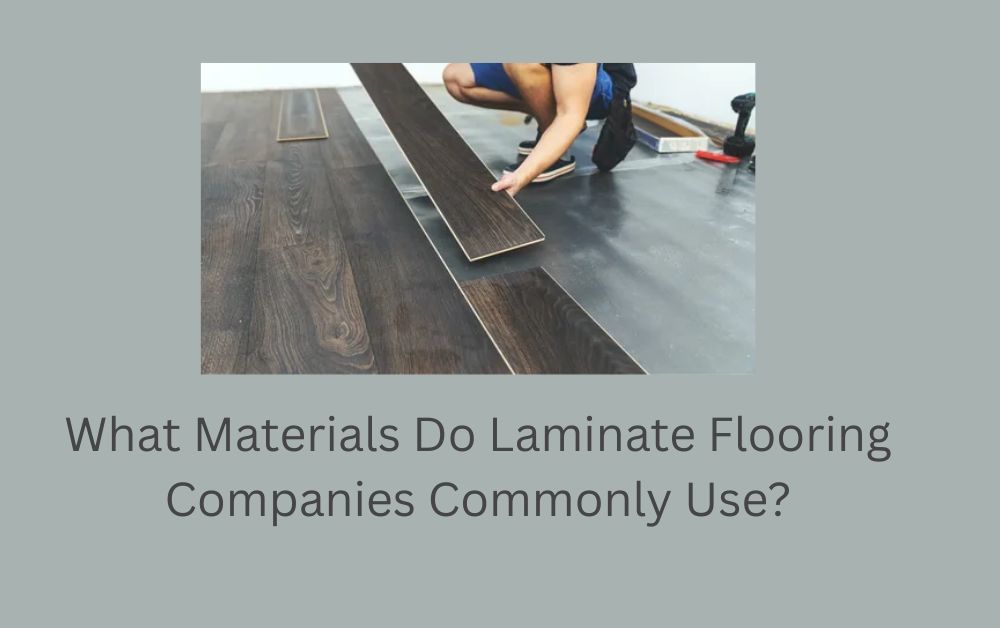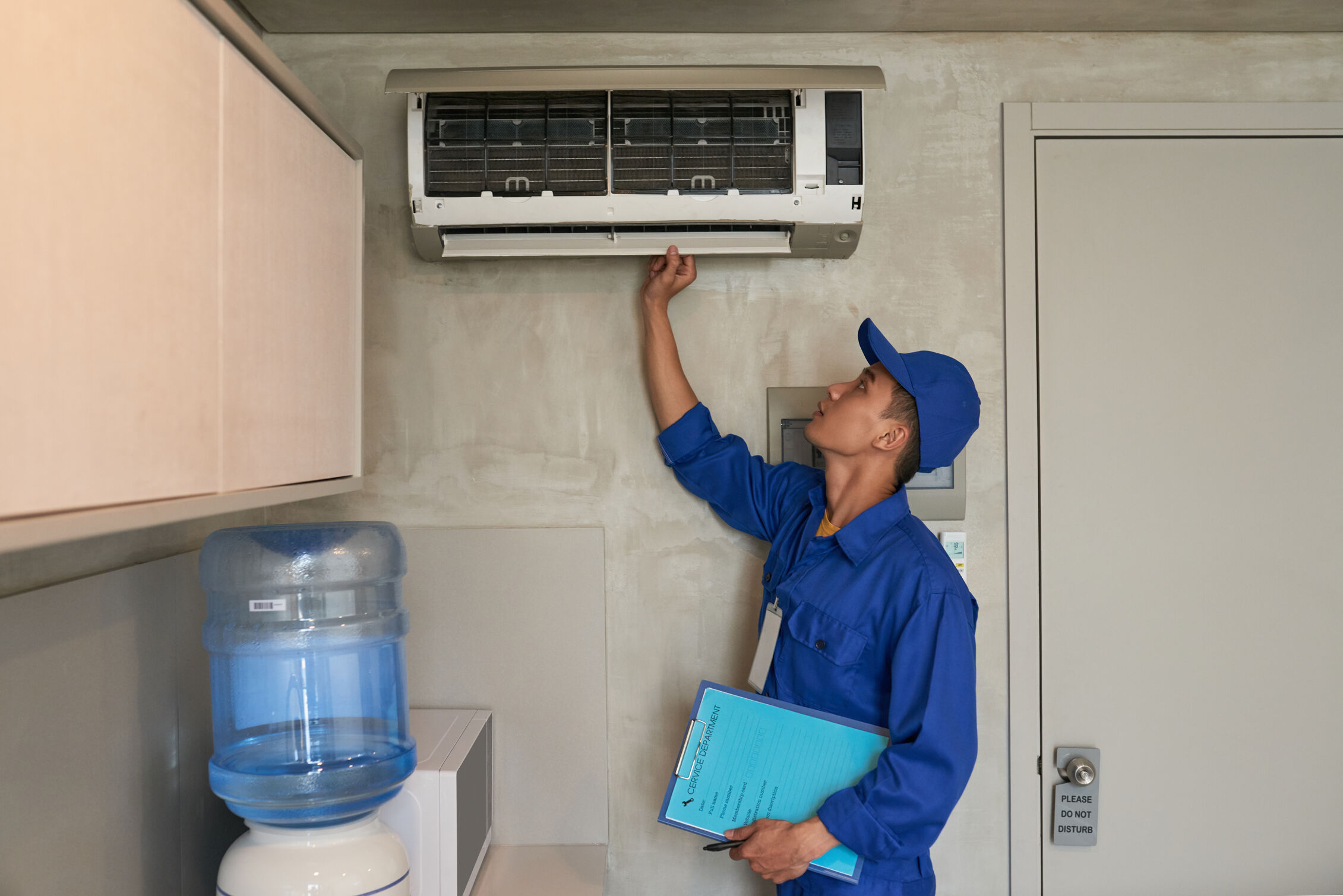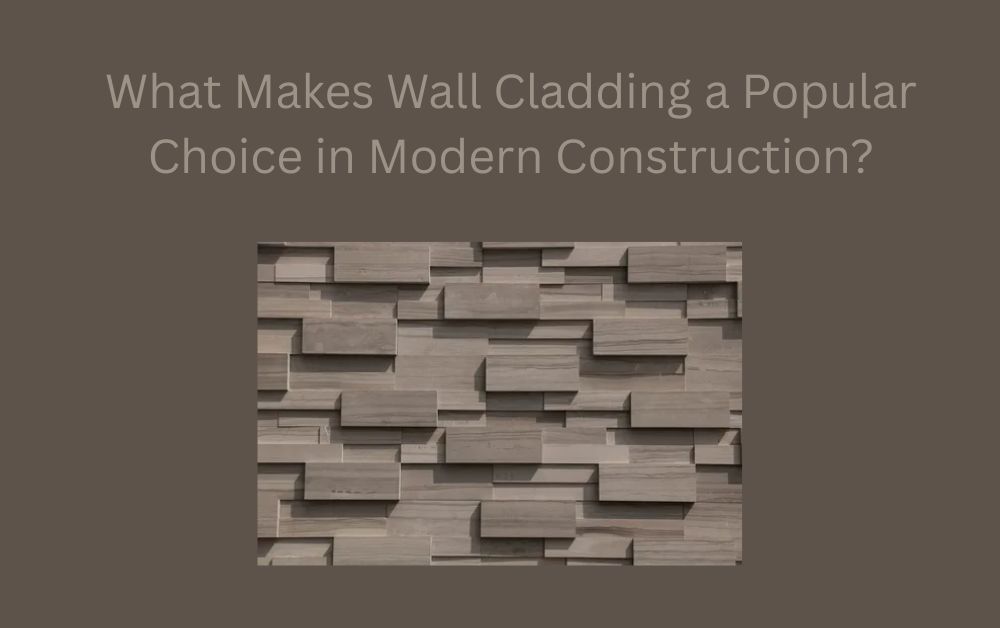Laminate flooring has become a popular choice for many homeowners and businesses. It is stylish, durable, and often more affordable than hardwood or tile floors. But have you ever wondered what materials laminate flooring companies commonly use?
In this blog, we’ll explore everything you need to know about the materials used in laminate flooring. We’ll break it down layer by layer and explain each part in simple terms. If you’re planning to install laminate flooring or just curious about how it’s made, this guide is for you!
Understanding Laminate Flooring
Before diving into materials, let’s first understand what laminate flooring actually is.
What is Laminate Flooring?
Laminate flooring is a type of synthetic flooring product made to look like wood, stone, or tile. It’s made up of multiple layers that are pressed together under high heat and pressure. These layers work together to give strength, beauty, and protection to the floor.
Note:- Looking for reliable Laminate Flooring companies in Oman? Choose from trusted suppliers offering high-quality materials, expert installation, and modern designs to match any space. Contact us today to get the best deals and professional guidance for your laminate flooring project in Oman!
Main Layers of Laminate Flooring
Laminate flooring usually consists of four main layers:
HDF Core Layer
Decorative Layer
Wear Layer
Backing Layer
Let’s look at each of these layers and the materials used to make them.
HDF Core Layer – The Strong Foundation
What is HDF?
HDF stands for High-Density Fiberboard. This is the thickest and strongest part of laminate flooring. It provides support, durability, and helps the flooring stay stable over time.
What Material is Used?
HDF is made from wood fibers, often taken from softwoods like pine. These fibers are mixed with resin (a glue-like material) and then pressed under high pressure to form a solid board.
Why is HDF Important?
- It supports the entire flooring structure.
- It resists dents and impacts.
- It keeps the floor stable during weather changes (like humidity or heat).
Decorative Layer – The Beauty of the Floor
What is the Decorative Layer?
This is the layer you actually see. It gives the floor its design, color, and texture. It could look like oak, walnut, marble, or even rustic stone.
What Material is Used?
This layer is made from printed paper that is carefully designed to look like real wood or stone. High-quality printers and ink are used to make the design look natural and realistic.
Why is it Important?
- It gives the floor its visual style.
- It helps you match the floor with your room’s décor.
- It can copy the look of expensive materials at a lower cost.

Wear Layer – The Protective Shield
What is the Wear Layer?
This is the topmost layer of the laminate flooring. It acts as a shield that protects the design layer from wear and tear.
What Material is Used?
The wear layer is made of melamine resin and aluminum oxide. These are strong, clear materials that add resistance to scratches, stains, and fading.
Why is it Important?
- It protects against daily foot traffic.
- It keeps the floor looking new for years.
- It prevents damage from spills, shoes, and furniture.
Backing Layer – The Base Support
What is the Backing Layer?
This is the bottom layer of laminate flooring. It helps to balance the floor and protect it from moisture that may come up from the subfloor.
What Material is Used?
The backing layer is usually made from melamine or plastic-coated paper. It is water-resistant and helps prevent the floor from warping.
Why is it Important?
- It keeps moisture away.
- It adds balance and stability to the entire floorboard.
- It helps the flooring last longer.
Other Important Materials and Add-ons
In addition to the four main layers, laminate flooring companies may also use other materials for added performance.
Foam Underlayment
Most laminate flooring comes with or is installed over a foam underlayment. It acts as a cushion, reducing noise and providing comfort underfoot.
- Materials used: Polyethylene foam or rubber.
- Benefits: Noise reduction, better comfort, minor moisture protection.
Water-Resistant Coatings
Some companies add waterproof layers or coatings to protect the flooring from spills or wet mopping.
- Materials used: Wax edges, hydrophobic coatings.
- Benefits: Improved water resistance, especially for kitchens or bathrooms.
What Do Laminate Flooring Companies Focus On?
Different companies may use similar materials, but the quality, thickness, and technology can vary.
Thickness of the HDF Core
Some brands offer thicker core boards for better soundproofing and durability.
Type of Finish
Matte, glossy, textured, or hand-scraped finishes are applied for different looks and feel.
Eco-Friendly Materials
Many companies today focus on eco-friendly options, like recycled wood fibers and low-emission resins to reduce the impact on the environment.
Tips to Choose the Right Laminate Flooring Material
Tip 1: Check the AC Rating
AC stands for Abrasion Criteria. This tells you how strong the wear layer is. For homes, AC3 is good. For offices or commercial use, go for AC4 or higher.
Tip 2: Look for Water Resistance
If you’re installing laminate in a kitchen or bathroom, ask for water-resistant or waterproof options.
Tip 3: Ask About Formaldehyde Emissions
Some low-cost laminates may emit harmful gases. Choose products with a low or zero formaldehyde emission rating (like E0 or E1).
Tip 4: Know the Thickness
Laminate flooring thickness can range from 6mm to 12mm. Thicker floors feel more solid and offer better sound control.
Popular Brands and Their Material Quality
Here are a few well-known laminate flooring companies and their focus on materials:
| Brand Name | Key Focus Area |
|---|---|
| Pergo | Durability and waterproof technology |
| Quick-Step | Realistic visuals and eco-materials |
| Kronotex | Strong HDF cores and variety of styles |
| Tarkett | Environmentally friendly production |
DIY or Hire a Professional?
Some types of laminate flooring are easy to install with a click-lock system, especially if you’re handy. But if you want perfect results and proper underlayment, hiring a professional installer is always a smart choice.
Conclusion: Know Your Materials Before You Buy
Choosing the right laminate flooring is not just about looks — it’s about what’s inside each plank. From the strong HDF core to the protective wear layer, each part plays an important role in how your floor performs.
Understanding what materials laminate flooring companies use helps you make better decisions. It ensures your new floor is not just beautiful but also long-lasting, safe, and comfortable.
For more insightful articles related to this topic, feel free to visit viewsparrow











Leave a Reply